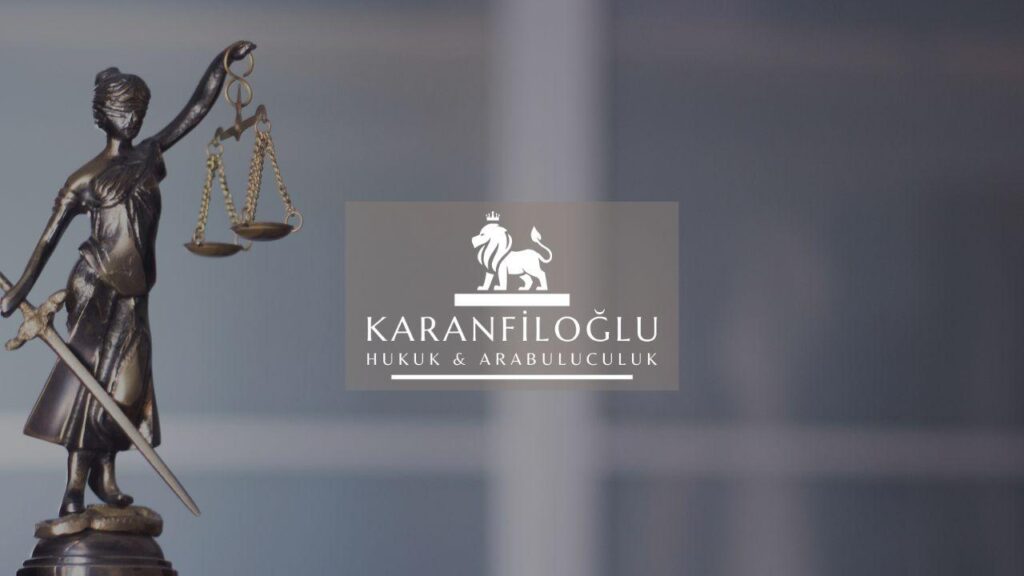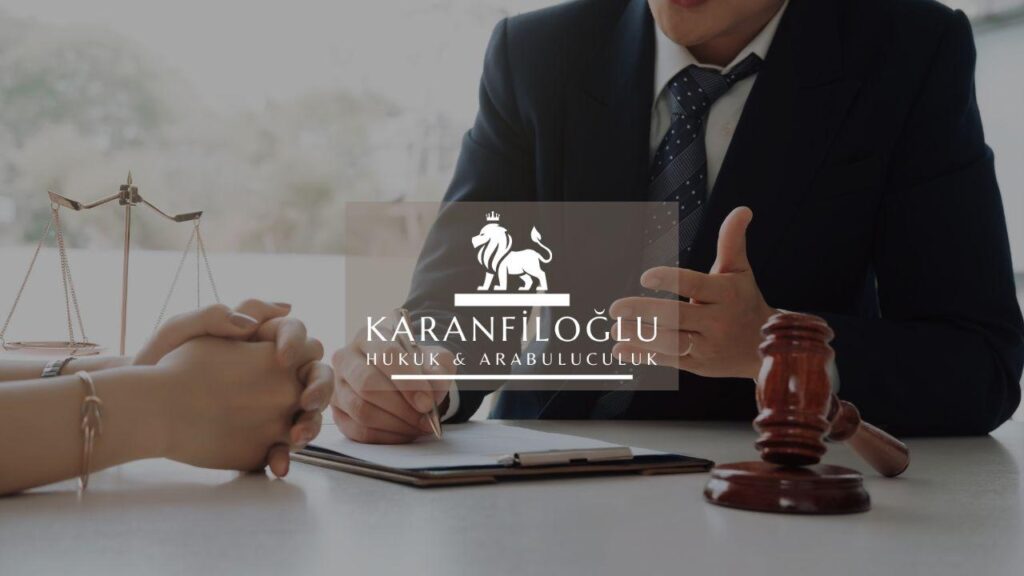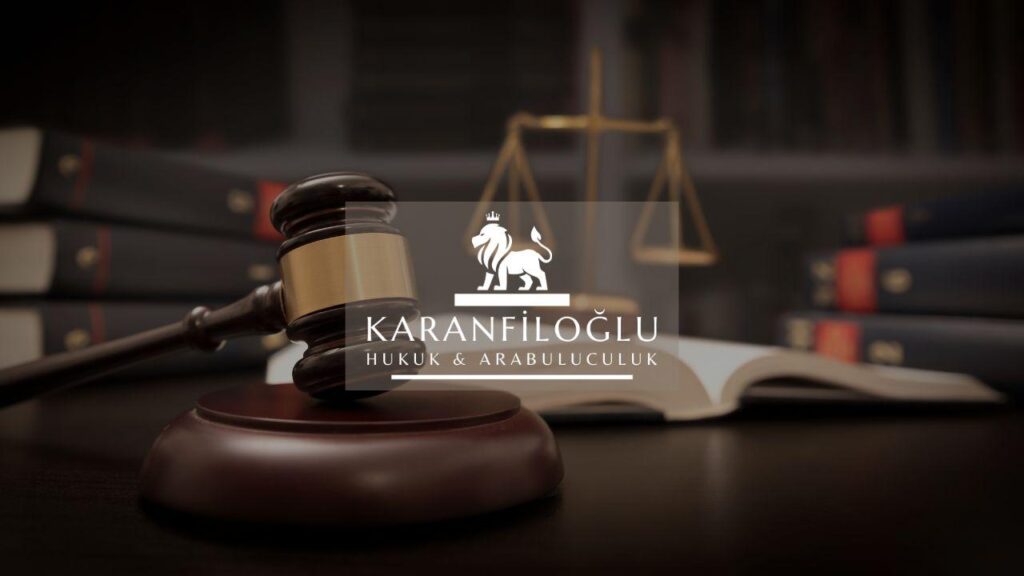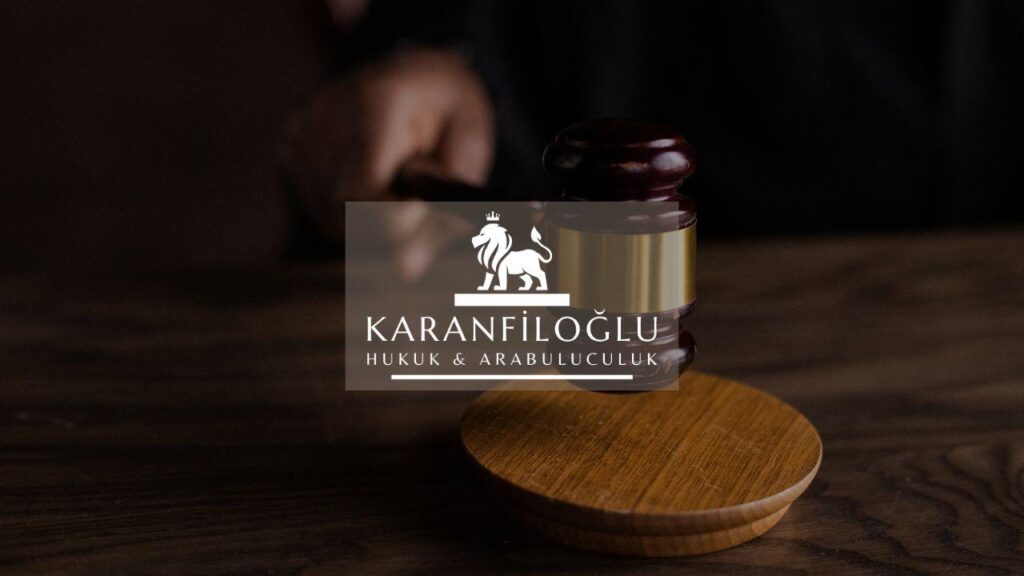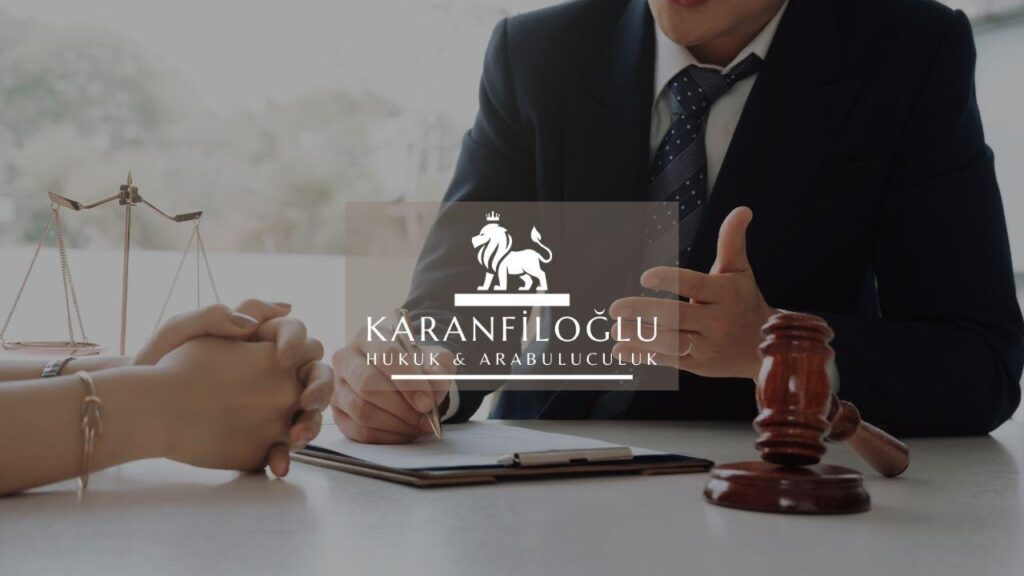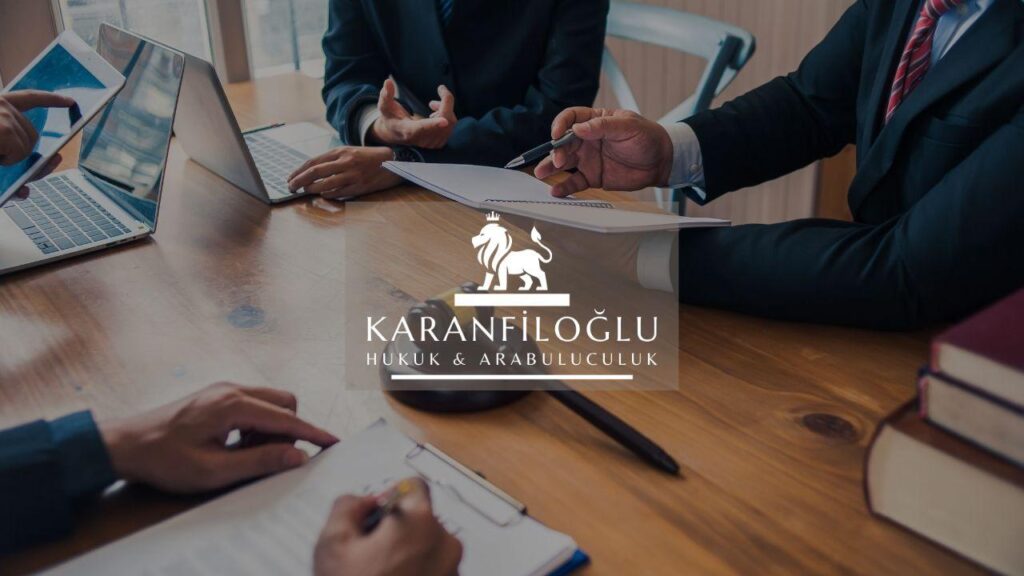Mediation has become an increasingly significant mechanism in resolving legal disputes in Turkey, offering an alternative to the often lengthy and expensive court proceedings. At Karanfiloglu Law Office, we understand the crucial role that mediation plays in the Turkish legal landscape, providing parties with a more collaborative and less adversarial approach to conflict resolution. This method not only facilitates smoother communication between disputing parties but also helps in reaching mutually satisfactory agreements tailored to their specific needs. Our expert team is dedicated to guiding clients through the mediation process, ensuring that their rights are protected while fostering an environment conducive to amicable settlements. Understanding the importance of mediation can greatly benefit those engaged in legal disputes, making it an essential topic for our clientele.
Understanding Mediation Under Turkish Law
Mediation in Turkey is governed by the Law on Mediation in Civil Disputes (Law No. 6325), which came into force in June 2012. This legislation provides a structured and formalized framework for mediation, encompassing both voluntary and mandatory mediation processes. Voluntary mediation allows parties to choose mediation at any stage of their conflict, while mandatory mediation is a prerequisite for certain types of disputes before they can proceed to court, such as labor disputes and commercial disputes. The law sets out clear guidelines and standards for mediators, including required qualifications, ethical obligations, and the process of registration with the Ministry of Justice. Through this regulatory framework, the Turkish legal system aims to enhance the efficiency and efficacy of dispute resolution by fostering a culture of dialogue and compromise.
In practice, the mediation process in Turkey begins with an initial meeting, where the mediator explains the procedure and the role of each party. Mediators, who are neutral third parties trained and registered under Turkish law, facilitate discussions to help the disputing parties reach a mutually acceptable resolution. The mediation sessions are confidential, ensuring that the information shared cannot be used in subsequent legal proceedings, which encourages open communication. If an agreement is reached, it is formalized through a written settlement agreement, which can be enforced as a court order if necessary. This not only saves time and reduces legal expenses but also allows the parties to maintain control over the outcome of their dispute, thereby preserving relationships and fostering a sense of ownership and satisfaction with the resolution achieved.
At Karanfiloglu Law Office, we emphasize the importance of selecting the right mediator and fully understanding each step of the mediation process to maximize the potential for successful outcomes. Our dedicated team assists clients in identifying mediators who have the relevant expertise and experience best suited to the specific nature of their dispute. We also provide comprehensive support throughout the process, from preparing for initial meetings to finalizing settlement agreements. By demystifying the procedural intricacies and offering expert legal guidance, we help ensure that our clients can navigate mediation with confidence and peace of mind. This holistic approach reinforces the benefits of mediation, promoting quicker resolutions, reducing litigation costs, and fostering more amicable settlements in the diverse spectrum of legal disputes our clients may face.
Key Benefits of Mediation in Legal Disputes
One of the key benefits of mediation in legal disputes is its cost-effectiveness. Unlike traditional litigation, which can entail significant legal fees and extended court costs, mediation offers a more economical alternative. This affordability stems from the shorter time frame required to reach resolutions and the reduced need for prolonged lawyer involvement. At Karanfiloglu Law Office, we have witnessed how mediation can substantially cut down on expenses for our clients, allowing them to allocate their resources more efficiently. This financial advantage makes mediation an attractive option, particularly for individuals and businesses seeking to resolve disputes without incurring heavy financial burdens.
Mediation also provides a more confidential environment compared to traditional court proceedings. In public trials, sensitive information and personal details can become part of the public record, potentially harming reputations and affecting future business opportunities. Mediation, on the other hand, takes place in a private setting where discussions and agreements remain confidential, protecting the parties’ privacy and sensitive information. At Karanfiloglu Law Office, we emphasize the importance of confidentiality in mediation, ensuring that our clients can comfortably discuss and resolve their issues without the fear of public exposure. This level of discretion not only preserves relationships but also allows for more open and honest communication, which is crucial for achieving mutually acceptable solutions.
Another significant advantage of mediation is its ability to preserve relationships between disputing parties. Unlike adversarial court battles that often exacerbate tensions and foster hostility, mediation encourages cooperation and understanding. The collaborative nature of this process allows parties to actively participate in crafting solutions that are acceptable to both sides, thereby fostering a sense of ownership and commitment to the outcomes. At Karanfiloglu Law Office, we have observed how mediation can help maintain professional, familial, or commercial relationships that might otherwise be irreparably damaged through litigation. By focusing on constructive dialogue and mutual respect, mediation not only resolves disputes but also lays the groundwork for continued positive interactions in the future. This relational benefit makes mediation an invaluable tool for conflict resolution in various contexts.
Navigating the Mediation Process in Turkey
Navigating the mediation process in Turkey involves a structured yet flexible approach that begins with the voluntary agreement of all parties to engage in mediation. This initial consent is pivotal, as it sets the stage for a cooperative atmosphere aimed at reaching a resolution. Once an agreement to mediate is established, the selection of a mediator follows, with parties often choosing from a list of certified professionals. At Karanfiloglu Law Office, we assist our clients in selecting a mediator whose expertise aligns with the specific nature of the dispute. The mediator then facilitates discussions and negotiations between the parties, seeking to identify common ground and negotiate a settlement that is acceptable to all involved. Throughout the process, our legal team provides comprehensive support, ensuring that our clients’ interests and legal rights are safeguarded, thereby enhancing the chances of a successful outcome.
During the mediation sessions, it is imperative to maintain open and transparent communication, which allows for a thorough exploration of each party’s concerns and objectives. At Karanfiloglu Law Office, we emphasize the importance of preparation, advising our clients to gather all relevant documentation and evidence prior to mediation to ensure that all aspects of the dispute are adequately addressed. This preparation facilitates a more informed discussion and enables the mediator to assist the parties in exploring viable solutions. Additionally, our legal team remains actively involved throughout the sessions, providing legal insights and strategic advice to navigate any complexities that may arise. As the mediation progresses, parties may renegotiate terms and propose alternatives, fostering a collaborative environment where creative solutions can be crafted. Our goal is to make the process as efficient and effective as possible, ultimately aiming for a resolution that meets the needs and interests of all involved parties.
Successfully concluding the mediation process involves formalizing the agreement reached by all parties. Once an understanding is achieved, the mediator drafts a mediation agreement, which outlines the terms and conditions agreed upon during the sessions. At Karanfiloglu Law Office, we meticulously review this document to ensure that it accurately reflects our clients’ intentions and adheres to relevant legal standards. After thorough review and any necessary revisions, the agreement is signed by the parties and, if the mediation was court-referred, submitted to the court for approval. This executed agreement then holds the same legal weight as a court verdict, providing enforceable resolutions without the adversarial nature of a courtroom battle. By guiding our clients through each step of the mediation process, we aim to facilitate a settlement that not only resolves the dispute but also preserves relationships, paving the way for more amicable future interactions.
Disclaimer: This article is for general informational purposes only and you are strongly advised to consult a legal professional to evaluate your personal situation. No liability is accepted that may arise from the use of the information in this article.

